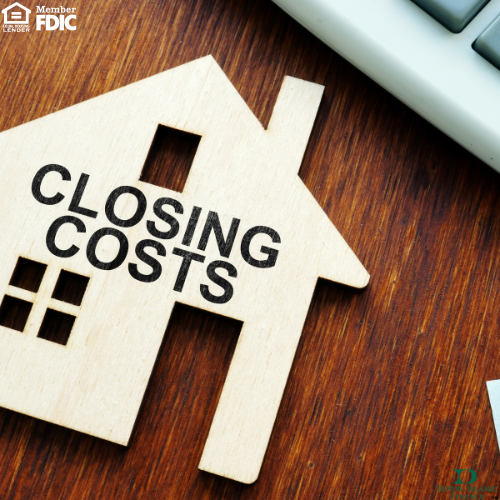Closing on a new home is an exciting milestone, but it’s crucial to be aware of the various costs and fees associated with the process. Understanding these expenses can help you plan your budget effectively and avoid surprises on closing day.
What are Closing Costs? Closing costs are the additional expenses beyond the property’s purchase price that buyers and sellers incur during a real estate transaction. These costs cover various services, taxes, and fees required to complete the sale.
Types of Closing Costs:
- Loan Origination Fees: Charged by lenders for processing a new loan application.
- Appraisal Fees: The cost of having a professional appraiser assess the property’s value.
- Title Search and Title Insurance: Ensures that the property has a clear title and protects against any title defects.
- Home Inspection Fees: Covers the cost of a thorough inspection to identify any potential issues with the property.
- Survey Fee: If a property survey is required to confirm property boundaries.
- Attorney Fees: Legal services provided during the closing process.
- Escrow Fees: The cost of using an escrow service to facilitate the transaction and hold funds until closing.
- Recording Fees: Fees paid to the local government for recording the property sale.
- Transfer Taxes: Taxes imposed by state or local authorities on the transfer of property ownership.
- Homeowner’s Insurance Premium: The upfront payment for the first year of homeowner’s insurance.
- Prepaid Property Taxes and HOA Dues: Payments made in advance for property taxes and homeowners association dues.
- Courier Fees and Wire Transfer Fees: Charges for handling the paperwork and transferring funds.
Negotiating Closing Costs: While some closing costs are non-negotiable, others may be open to discussion. Buyers and sellers can negotiate on certain fees, potentially leading to cost savings for both parties.
Closing Disclosure: Before closing, you will receive a Closing Disclosure document outlining the final terms and costs of the loan. Review this document carefully, comparing it to the Loan Estimate provided at the beginning of the process to ensure consistency.
Be Prepared: To avoid last-minute stress, it’s essential to be financially prepared for closing costs. Work closely with your real estate agent and lender to get an estimate of these costs early in the homebuying process.
Considerations for Sellers: Sellers also incur closing costs, including real estate agent commissions, title insurance, and potential repair credits to the buyer. Being aware of these costs helps sellers plan for a smooth transaction.
In conclusion, while closing costs and fees can add up, understanding and planning for them can make the homebuying or selling process more manageable. Work closely with your real estate professionals to navigate these costs, ensuring a successful and stress-free closing day.




